Primary Care
Primary care is the first point of contact for patients, offering essential healthcare services in communities. This sector includes a range of services delivered by general practitioners (GP) medical centres, community pharmacies, dentistry and eye health/optometrists. Primary care professionals focus on preventing illness, managing chronic conditions, and supporting overall well-being, ensuring individuals get the right care when they need it.
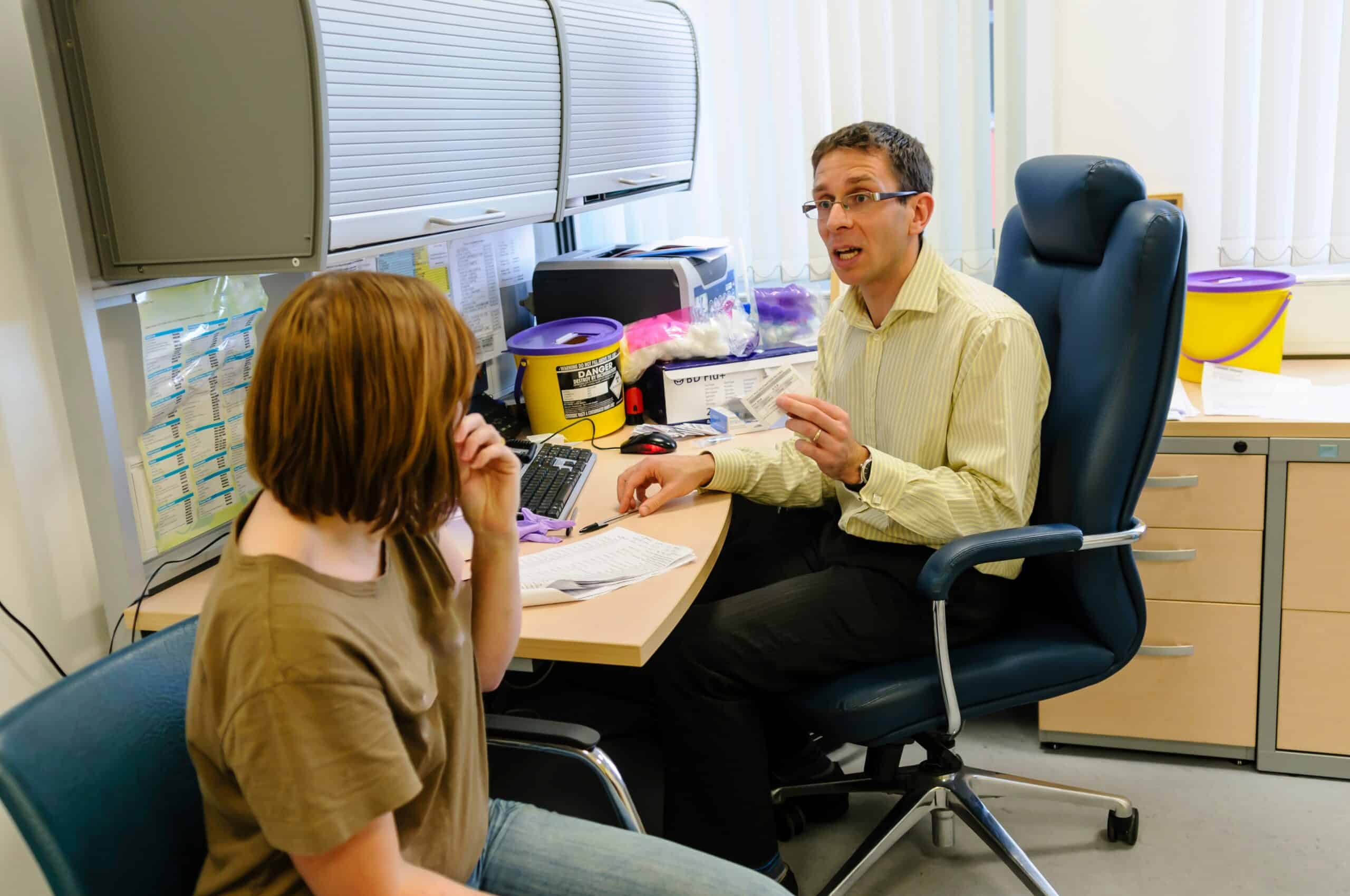
This is a sector where you can truly make a difference. From frontline clinical roles to behind-the-scenes administrative and management positions, there are opportunities for people with a variety of skills and interests. Whether you thrive on patient interaction or prefer operational roles, primary care offers a fulfilling career with room to grow.
Primary care roles are ideal for those who:
Enjoy building long-term relationships with patients.
Have excellent problem-solving and communication skills.
Value teamwork and collaboration in fast-paced environments.
Types of businesses in primary care include:
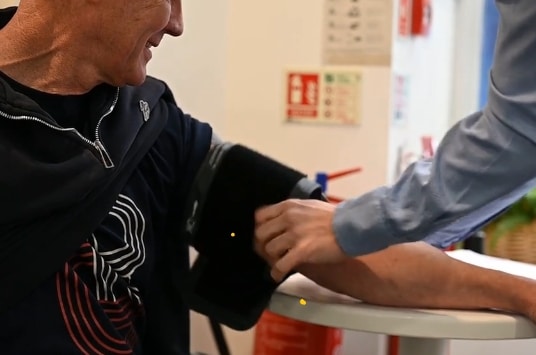
General practitioner (GP) medical centres
GP medical centres are at the heart of local communities, providing a wide range of healthcare services to meet the everyday medical needs of patients. These practices vary significantly in size and scope, from small, single-GP practices in rural areas to larger, multi-doctor medical centres in urban locations.
In smaller, rural surgeries, staff often wear multiple hats, offering a more personalised approach to care. In contrast, larger urban practices may have dedicated teams for specific roles, such as chronic disease management or minor surgeries, and may collaborate with other local healthcare providers to offer extended services.
The primary aim of all GP medical centres is to provide accessible, patient-centred care, focusing on prevention, diagnosis, and treatment. Services often include general health advice, vaccinations, management of chronic illnesses, and referrals to specialised care when needed.
Working in a GP surgery is ideal for someone who thrives on making a direct impact in their community and enjoys interacting with people of all ages and backgrounds. If you value teamwork, problem-solving, and providing compassionate care, this environment offers a fulfilling career.
Whether you’re assisting with patient appointments, managing administrative tasks, or delivering clinical services, every role in a GP surgery contributes to ensuring patients receive the care they need. This setting is perfect for individuals who are empathetic, adaptable, and thrive in fast-paced yet rewarding environments where no two days are the same.
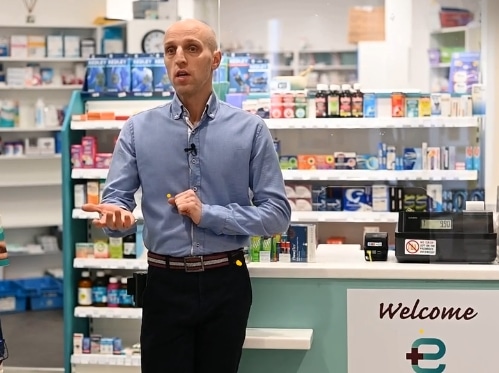
Community pharmacy
Community pharmacies are an essential part of the primary care landscape, serving as a first port of call for many seeking health advice or over-the-counter remedies. They range from independently owned village chemists offering a personal touch to larger, high-street chains in towns and cities, providing a broad spectrum of services.
Rural community pharmacies often play a dual role as a healthcare provider and a community hub, particularly in areas with limited access to other services. Larger urban community pharmacies might specialise in clinical services, such as medication reviews, smoking cessation programmes, or flu vaccinations, in addition to their dispensing duties.
Community pharmacies work closely with GP medical centres and other healthcare providers to ensure patients receive the right medications and advice, bridging the gap between clinical care and community health.
A career in a community pharmacy suits someone who enjoys a mix of science, customer interaction, and community service. If you are detail-oriented, reliable, and take pride in helping people manage their health, you’ll find this environment rewarding.
Community pharmacies are ideal for those who like combining technical skills with a customer-facing role. Whether dispensing prescriptions, advising patients, or delivering specialised health services, every contribution helps improve patient outcomes. This is a great fit for people who enjoy problem-solving and want to play a pivotal role in community health.
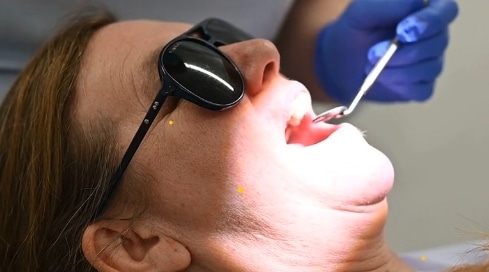
Dentistry
Dentistry focuses on maintaining and improving oral health, offering services from routine check-ups and preventative care to advanced cosmetic treatments. Dentistry practices can vary widely in size and focus. Smaller practices in rural areas may cater to the immediate needs of their local community, while larger urban practices might include specialists in orthodontics, periodontics, or restorative dentistry.
Rural practices may foster close relationships with their patients, becoming an integral part of the community. Urban practices, often with larger teams, can offer greater appointment availability and a wider array of services, including complex dental surgeries.
Across all settings, dental practices are dedicated to promoting oral hygiene, diagnosing and treating issues, and enhancing patients’ quality of life through personalised care.
Working in a dental practice is perfect for individuals who enjoy a structured environment where attention to detail and patient care are paramount. If you’re compassionate, patient-focused, and skilled in communication, you’ll thrive in this setting.
Whether you’re performing dental procedures, assisting during treatments, or supporting the smooth running of the practice, every role helps enhance patients’ health and confidence. Dental practices are well-suited to those who are organised, have a steady hand, and enjoy working in a professional and collaborative environment.
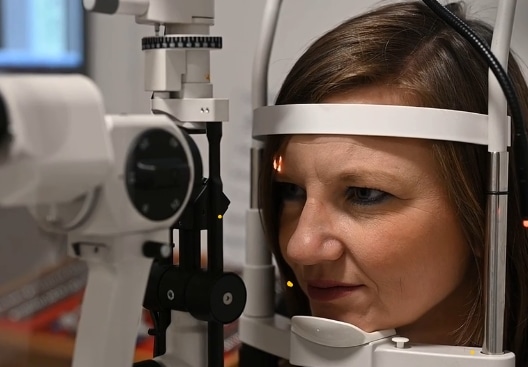
Eye health/optometry
Optometrists provide essential eye care services, from conducting routine eye exams and prescribing corrective lenses to detecting and managing minor eye conditions. They also play a crucial role in identifying signs of more serious conditions like glaucoma or diabetes and referring patients for specialist care when necessary.
In rural areas, opticians are often independent businesses, serving as vital healthcare hubs for their communities. These smaller practices may develop close, long-standing relationships with their clients. In urban areas, opticians may operate as part of larger chains, offering advanced diagnostic tools and a broad selection of eyewear options.
Regardless of location, opticians aim to support vision health while ensuring patients receive personalised advice and care tailored to their needs.
A role in an Optometry practice is ideal for those who enjoy balancing clinical precision with customer service. If you have a keen eye for detail, excellent communication skills, and a passion for improving people’s quality of life, this is the perfect environment for you.
Optometrists are a great fit for individuals who thrive in a mix of technical and interpersonal roles. Whether conducting eye tests, helping patients select the right eyewear, or ensuring smooth operations, every role contributes to enhancing vision health. This is an excellent career path for those who are approachable, adaptable, and focused on delivering personalised care.
Check out the different roles below:
Are you curious about where your skills might fit in this vital sector? Click on the cards below to explore specific roles and find out how you can contribute to the world of primary care.

Management and general operations
GP partners and practice managers direct all operational facets of primary care facilities, including financial oversight, strategic planning, and compliance with health regulations. They interact with healthcare professionals and administrative staff to ensure efficient service delivery and patient satisfaction, whilst operations & business managers focus on the daily management of the practice’s resources, including staff scheduling, budgeting, and logistics. They analyse performance data to identify areas for improvement and implement changes to enhance healthcare delivery and patient outcomes.
Key roles: GP partners, practice managers, operations managers, business managers
Skills & attributes: Leadership, strategic thinking, financial acumen, communication, problem-solving, and the ability to inspire and motivate teams. They enjoy leading teams, solving complex problems, and taking responsibility for the success of healthcare operations. They’re perfect for those who thrive on creating solutions and improving processes in a healthcare environment.
Scorecard
Salary Potential*
Flexible Hours
Flexible Location
Physicality
*based on a 40-hour working week
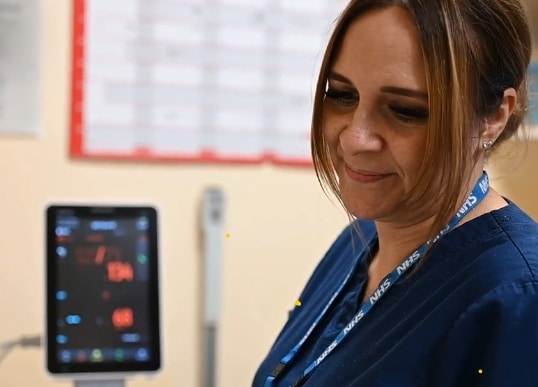
Clinical roles in primary care
General practitioners and advanced practitioners provide comprehensive medical care by diagnosing, treating, and preventing diseases. They consult with patients, prescribe treatments, and refer patients to specialists when necessary. They are supported by nurses and physician associates who perform patient assessments, administer medications and treatments, and support patient health education and recovery. Pharmacists, dentists and optometrists specialise in medication management, oral health, and eye care respectively, offering patient-specific treatments based on diagnostic tests.
Key Roles: general practitioners (GPs), practice nurses, advanced nurse practitioners, nurse associates, advanced clinical practitioner, cancer care coordinator, mental health practitioner, musculoskeletal practitioner, clinical pharmacist, pharmacy technician, pharmacy dispenser, dietician, occupational therapist, paramedic, physiotherapist, general dentist practitioner, dental nurse, dental therapist, dental hygienists, dental technician, orthodontic therapists, periodontists, endodontists, oral surgeons, implantologists, paediatric dentists, special care dentists, optometrists
Skills & attributes: Strong clinical knowledge (including specialist qualifications), excellent communication and interpersonal skills, problem-solving abilities, empathy, attention to detail, teamwork, and the ability to stay calm under pressure.
Scorecard
Salary Potential*
Flexible Hours
Flexible Location
Physicality
*based on a 40-hour working week
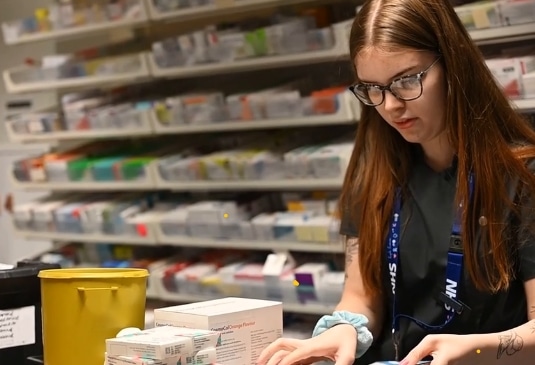
Non-clinical roles in primary care
Healthcare assistants and phlebotomists assist clinical staff with basic patient care tasks, such as taking vital signs, drawing blood, and preparing patients for examinations. Dispensing and dental assistants support pharmacists and dentists by managing medication stocks, preparing dental equipment, and ensuring that patients are comfortable and informed.
Key roles: Care navigator, care co-ordinator, healthcare assistants, phlebotomists, prescription clerks, lifestyle coach, dental assistants, optical assistants
Skills & attributes: Compassion, attention to detail, organisational skills, communication abilities, and a willingness to provide hands-on support in patient care. People in these roles are practical, patient-focused, and enjoy helping others in a hands-on capacity. These roles are perfect for those starting a career in healthcare or looking to work closely with patients without pursuing a clinical qualification.
Scorecard
Salary Potential*
Flexible Hours
Flexible Location
Physicality
*based on a 40-hour working week
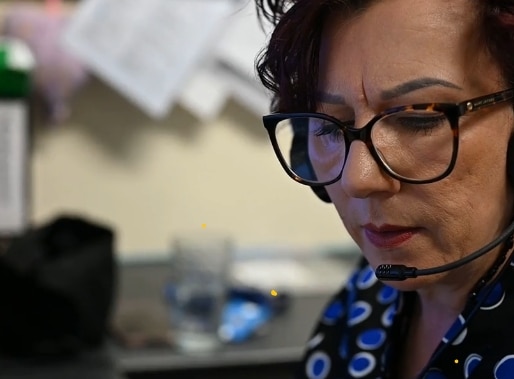
Administrative roles in primary care
Receptionists and medical secretaries manage front-desk operations, schedule appointments, and maintain patient records. They serve as the first point of contact for patients. Clinical coders and practice administrators ensure accurate record-keeping for patient treatments and manage the administrative needs of the practice.
Key roles: Receptionists, medical secretaries, medical records summarisers, medical coders, medical administrators, safeguarding administrators, community link workers, office/practice managers, store managers
Skills & attributes: Excellent organisational skills, attention to detail, IT proficiency, confidentiality, and strong customer service abilities. These roles are ideal for those who thrive in a structured environment, enjoy interacting with people, and excel in managing multiple tasks efficiently.
Scorecard
Salary Potential*
Flexible Hours
Flexible Location
Physicality
*based on a 40-hour working week

Maintenance and facilities roles
Maintenance and facilities roles in primary care are crucial to ensuring healthcare environments are safe, functional, and compliant with healthcare regulations. These behind-the-scenes roles support the smooth running of GP surgeries, dental practices, pharmacies, and opticians by maintaining equipment, ensuring cleanliness, and addressing facility-related issues promptly.
Key roles: Facilities managers, maintenance technicians, cleaning staff, health and safety officers, delivery drivers, primary care network managers
Skills & attributes: Technical skills for maintenance work, attention to detail, an understanding of health and safety regulations, problem-solving abilities, and the ability to work efficiently under minimal supervision. Cleaning roles require a strong commitment to hygiene and a methodical approach.
Scorecard
Salary Potential*
Flexible Hours
Flexible Location
Physicality
*based on a 40-hour working week
In addition to patient-facing and clinical roles, primary care businesses rely on essential support functions such as administration, finance, IT, HR, and facilities management. For more information on these departments and the roles they offer, click here to explore further.
For information on local courses and qualifications that could support your career in this field, please click here.

